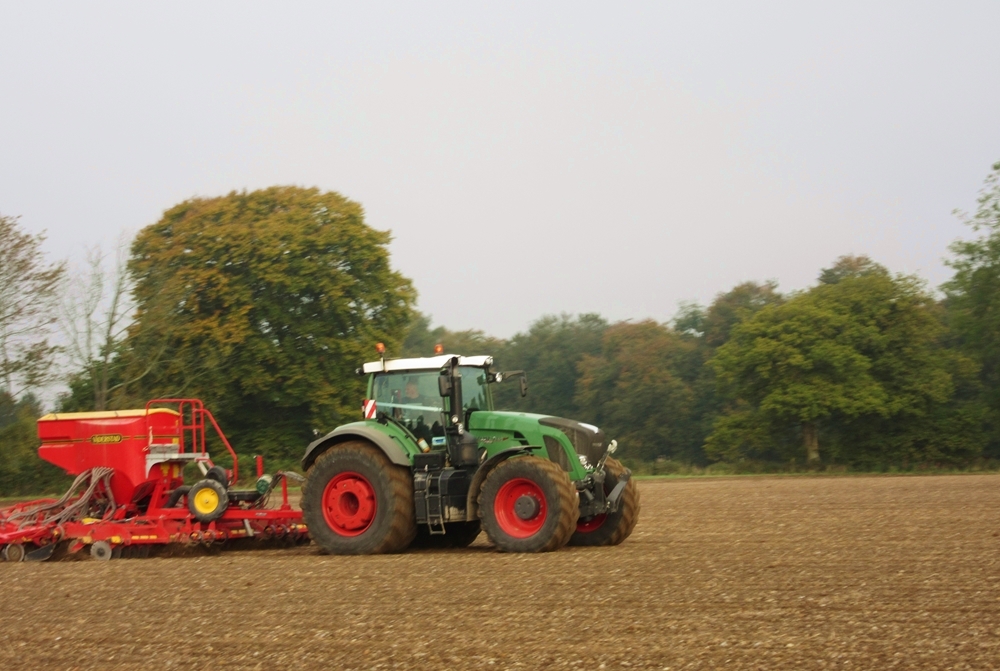Food security matters
“Keep calm and carry on” is a much misquoted slogan from the Second World War, but it reminds us how rapidly things can change.
It’s just a fortnight since Russia launched its deadly military assault on Ukraine. Already thousands have died and cities are being reduced to rubble.
Here, everyday life goes on, but most people realise that things are different – and their world is going to have to change.
I failed to keep calm by listing some of the major threats to our well-being we’re now facing (in no particular order):-
- A military threat to the democratic world
- Climate change
- A massive economic recession caused by energy and food costs
- The biodiversity emergency
- Degradation of the world environment
- Severe UK economic inequality between regions and within regions
- The pandemic
Plenty of others, but I got depressed just listing them so I’ll carry on instead. Though I do find it strange to still be reading PR puffs from the property industry claiming the recent house price boom is set to continue. Perhaps they’re just keeping calm and carrying on.
However, it’s food security I’d like people to give more thought to despite some arguing it would be unethical to use the horrors in Ukraine to press this issue and the key question of protecting UK food-producing land.
I respect their view, but I don’t think there’s a good moral argument against airing these concerns, any more than, say, there is against calling for more defence spending or freezing assets of oligarchs who’ve spent years corrupting our politics and financial systems.
Ukraine is a huge exporter of a range of grains (as is Russia). Occupying the country would give Russia control of more than a quarter of the World’s wheat supplies.
The Community Planning Alliance was quick off the mark with a Statement calling for an emergency food strategy with five key elements. It called for action from Whitehall and a ban on the use of the best farmland for non-food purposes.
The Food, Farming and Countryside Commission has done tireless work on agroecology and the need for a national land use strategy. Chief executive Sue Pritchard reminded us that any action on food security should not come at the expense of long-term and transformative action on climate and nature.
And NFU Scotland managed to raise some eyebrows by writing to the Scottish Government asking to be allowed to grow crops on ecological focus area land which would certainly need some critical analysis.
Whatever the rights and wrongs of particular types of agriculture, it all needs land.
We’ve spent years reminding people that the UK needs to import around a third of its food, is a heavily indebted country in an increasingly unstable world and has had planning policies for some years now that prioritise (and subsidise) squandering our farmland on low-density, car-dependent, sprawl housing.
And, while we’re on the subject, squandering it on truck-dependent sprawl for the distribution industry.
But as well as the suggestions in the CPA Statement, are we getting to the point where we need to consider a moratorium on building on the better sorts of agricultural land – or arable land at least? Quite a strong one, that is, to include Grades 1 and 2 and all of Grade 3?

That might sound extreme and it would certainly need a complete change in planning guidance. Going still further, it would need primary legislation if it included deletion of allocations in local plans and cancellation of planning consents.
The squeals of rage from those who have enjoyed nationally subsidised profits from greenfield development would be deafening. But the CPA’s call for a ban on use of the best farmland for non-food purposes is most of the way there and if we’re thinking about a massive change in energy security, food security will also need some sort of radical action. Soon.
Jon Reeds
 Jon Reeds
Jon Reeds
 Nigel Pearce
Nigel Pearce